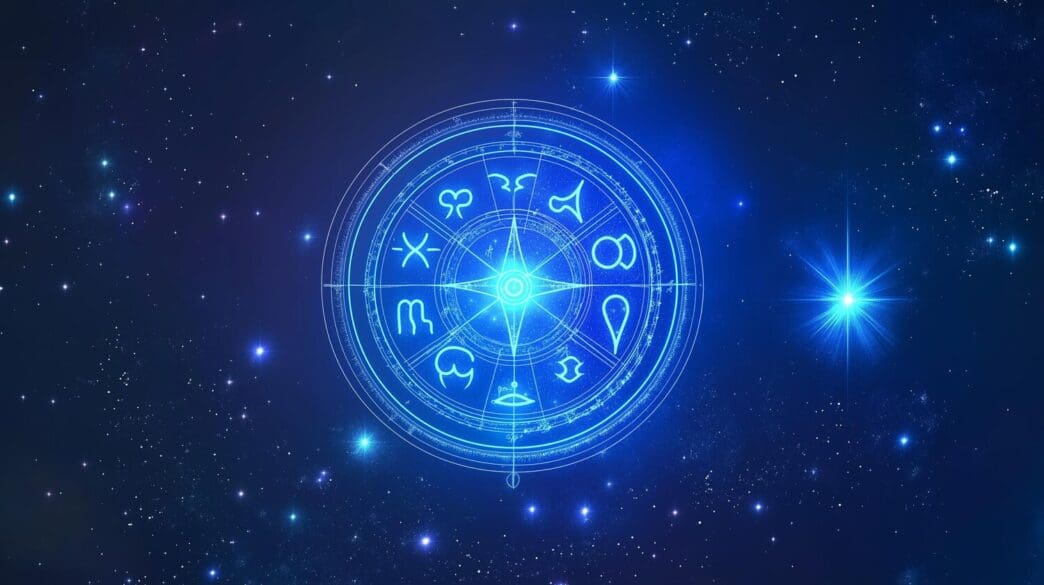A Glimpse of the Stars
Where the Planets Stand
Guiding Your Journey
Different Views of the Cosmos
Embarking on the journey of astrological discovery can be both exhilarating and daunting, with a vast universe of information available at one’s fingertips. For anyone eager to unlock the cosmos and understand its profound influence on their lives, selecting the right foundational texts is paramount. This guide identifies top astrology books specifically curated for beginners, providing clear, comprehensive, and actionable insights to help newcomers grasp the fundamental principles of zodiac signs, planetary movements, houses, and aspects, ultimately fostering a deeper sense of self-awareness and cosmic connection.
Why Books Are Essential for the Aspiring Astrologer
In an age saturated with quick-hit online content, the structured learning offered by a well-written book remains invaluable, especially for complex subjects like astrology. Books provide a cohesive narrative, allowing concepts to build upon one another in a logical progression. This methodical approach helps beginners establish a strong theoretical foundation, preventing confusion and misinformation often found in fragmented online sources.
A good astrology book acts as a patient mentor, guiding readers through intricate terminology and complex calculations at their own pace. It encourages active learning through exercises and self-reflection, which are crucial for integrating astrological knowledge into personal understanding. Furthermore, reputable authors often bring decades of experience and research to their works, offering a depth of wisdom that is hard to replicate elsewhere.
Key Criteria for Choosing Beginner Astrology Books
When selecting your first astrology book, several factors contribute to a truly effective learning experience. Clarity of language is paramount, as complex astrological concepts should be translated into accessible English without oversimplification. The book should also offer a comprehensive overview of core principles, ensuring you build a holistic understanding.
Look for books that include practical exercises, examples, and perhaps even visual aids like charts or diagrams. These elements help solidify abstract ideas and make the learning process more engaging. Finally, consider the author’s reputation and approach; a grounded, empathetic, and authoritative voice can make all the difference in navigating this profound subject.
Top Astrology Books for Beginners
Here are some of the most highly recommended books that provide an excellent starting point for anyone new to the study of astrology, offering diverse approaches to the subject.
Foundational Texts for Comprehensive Understanding
These books are often cited as essential first reads, providing a broad and solid introduction to the core components of a birth chart and astrological interpretation.
The Only Astrology Book You’ll Ever Need by Joanna Martine Woolfolk
As its bold title suggests, this classic book aims to be a definitive guide for beginners, and it largely succeeds. Woolfolk provides a comprehensive overview of all twelve zodiac signs, explaining their characteristics, ruling planets, and modalities in an easy-to-digest format. It delves into the meanings of planets, houses, and aspects, offering a holistic view of natal chart interpretation.
The book’s strength lies in its clear, straightforward language and its extensive coverage of astrological basics. It includes detailed information on compatibility, career paths, and personal traits associated with various astrological placements. While some might find its tone slightly traditional, its thoroughness makes it an indispensable resource for building a strong astrological vocabulary and understanding.
Astrology for Yourself: A Workbook for Personal Transformation by Douglas Bloch and Demetra George
This interactive workbook stands out for its emphasis on self-discovery and experiential learning. Rather than just presenting information, Bloch and George guide readers through a series of exercises designed to help them interpret their own birth charts. This hands-on approach encourages deep personal engagement with astrological concepts.
The book breaks down complex ideas into manageable steps, making it ideal for those who learn by doing. It covers the meanings of signs, planets, houses, and aspects, and then prompts readers to apply these concepts directly to their unique astrological makeup. Astrology for Yourself is perfect for anyone seeking a personalized and transformative entry into the world of astrology.
Visually Rich and Psychologically Oriented Guides
These selections offer a blend of accessible information with strong visual components or a deeper dive into the psychological underpinnings of astrology.
Parkers’ Astrology: The Definitive Guide to Western Astrology by Julia and Derek Parker
For visual learners, Parkers’ Astrology is an absolute treasure. This beautifully illustrated book combines clear explanations with stunning diagrams, charts, and photographs to make complex astrological principles easily understandable. It covers a wide range of topics, from the history of astrology to detailed interpretations of the zodiac, planets, and houses.
The Parkers’ approach is both comprehensive and engaging, breaking down the birth chart into its constituent parts while also showing how they interact. Its accessible layout and rich visual content make it an excellent reference book that beginners will return to again and again. It truly helps to demystify the structure of the cosmos and its reflection in our lives.
Understanding the Birth Chart: A Guide to the New Astrology by Stephen Arroyo
Stephen Arroyo is renowned for his clear, psychologically oriented approach to astrology, and Understanding the Birth Chart is a prime example of his work. This book focuses on the practical application of astrological knowledge for personal growth and self-awareness. It moves beyond simple delineations to explore the dynamic interplay of chart factors.
Arroyo’s writing is insightful and thought-provoking, encouraging readers to view their charts as tools for understanding their inner potential and challenges. While it delves deeper into the psychological aspects, its lucid explanations make it accessible for beginners who are ready for a slightly more nuanced perspective. It’s a fantastic resource for learning how to synthesize chart elements into a coherent personal narrative.
Traditional and Spiritual Foundations
For those interested in the more spiritual and traditional roots of astrology, these books offer a rich historical and philosophical perspective.
Astrology: A Cosmic Science by Isabel M. Hickey
Isabel M. Hickey’s work is a cornerstone of traditional astrological education, offering a profound and spiritually informed perspective. Astrology: A Cosmic Science provides a comprehensive foundation, detailing the esoteric meanings of planets, signs, and houses with remarkable clarity. Hickey emphasizes the spiritual journey and the evolutionary purpose behind each astrological placement.
This book is more than just a textbook; it’s a philosophical guide that encourages readers to view astrology as a path to higher consciousness. While its language can feel more classical, its depth of insight and comprehensive coverage of core principles make it an invaluable resource for serious students. It requires thoughtful engagement but rewards with a rich understanding of astrology’s deeper dimensions.
How to Approach Learning Astrology with Books
Once you’ve chosen your initial books, adopting an effective learning strategy will maximize your progress. Begin by familiarizing yourself with the core concepts: the twelve zodiac signs, the ten planets, and the twelve houses. Understand their individual meanings before attempting to interpret their combinations.
Do not rush through the material; astrology is a vast subject that requires patience and contemplation. Take your time with each chapter, perhaps rereading sections that are particularly challenging. Critically, apply what you learn to your own birth chart, and then to the charts of friends or family members (with their permission, of course).
Keep a dedicated journal where you can record your interpretations, questions, and insights. This practice helps solidify your understanding and track your learning journey. While books should be your primary anchor, feel free to complement your studies with reputable online resources or introductory courses, always cross-referencing information to ensure accuracy.
Beyond the Books: Next Steps in Your Astrological Journey
Once you’ve built a solid foundation with these beginner books, the cosmos continues to unfold with endless possibilities for deeper study. Consider exploring more advanced texts that delve into specific areas like predictive astrology, relationship astrology (synastry), or karmic astrology. Engaging with online astrological communities can also provide support, diverse perspectives, and opportunities for discussion.
Attending workshops or enrolling in formal astrological courses can further enhance your knowledge and connect you with experienced practitioners. Eventually, consulting a professional astrologer for a personalized reading can offer invaluable insights into your chart, clarifying complexities and guiding your path forward. The journey of astrological discovery is lifelong, promising continuous growth and profound self-understanding.
Embarking on the study of astrology with the right resources can transform a casual interest into a profound journey of self-discovery and cosmic connection. The books recommended here offer a robust and accessible starting point for any beginner, providing the essential tools to decode the language of the stars. By patiently engaging with these foundational texts, you will not only gain a deeper understanding of your own unique cosmic blueprint but also cultivate a richer appreciation for the intricate dance of the universe.
All About Your Zodiac Sign
Get your daily horoscope, tailored for you and those you love. Find out what the stars have in store for every sign, then share the cosmic wisdom.








